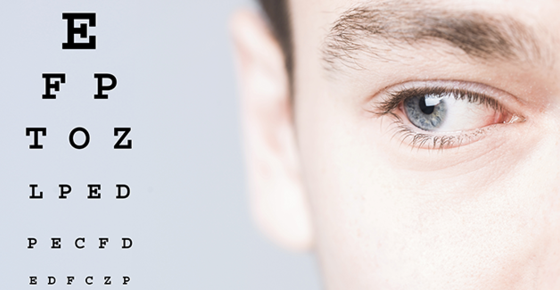
Ophthalmologists, optometrists and opticians all play an integral role in eye and vision care. While they often work in collaboration, they require varying levels of education and are qualified to help you and your eyes in different ways.
If you aren’t sure who to talk to about your eyes, keep reading for an overview of the three Os of eye care and how each of them can help you.
Optometrists
Optometry tends to be the first line of defense in maintaining healthy eyes. The scope of practice for optometrists can vary from state to state but primarily focuses on vision problems.
One of optometrists’ primary responsibilities is to perform eye examinations to detect the presence of vision problems. Many people associate eye examinations with poor vision, but they aren’t only for people who need glasses. Regular eye exams can play an important role in maintaining overall health and helping detect other diseases, including diabetes and hypertension.
Optometrists can also prescribe glasses, contact lenses and sometimes medicated eye drops to correct the problem.
Optometrists often collaborate with ophthalmologists, or eye surgeons, and recommend patients to them who may need specialized care. Sometimes, the optometrist provides pre- or post-operative care for patients undergoing eye surgery with an ophthalmologist.
Optometrists typically provide:
- Vision services, such as eye examinations
- Treatment of conditions such as nearsightedness, farsightedness and astigmatism
- Eyeglass and contact lens prescriptions and fittings
- Low vision aids and vision therapy
- Diagnoses of eye conditions, such as glaucoma, cataracts, macular degeneration, diabetic retinopathy and conjunctivitis
- Medication prescriptions to treat certain eye conditions (in some states)
- Pre- or post-operative care for people who need surgery
Ophthalmologists
Ophthalmology is the study of the anatomy, functions and diseases of the eye, and ophthalmologists deliver total eye care. As licensed medical professionals, their minimum of eight years of medical training allows them to diagnose, treat, manage eye diseases and perform surgery. They are experts in the entire optic system and provide insight into how both eye diseases and their treatments interact elsewhere in the body. Ophthalmologists can customize treatment to suit patients’ unique vision health needs.
Some of the services ophthalmologists provide include:
- Eye health services, including regular eye exams and refractive eye care
- Medical eye care for conditions such as chemical burns, glaucoma and iritis
- Surgical eye care for trauma, cataracts, glaucoma and other vision problems
- Diagnosis and treatment of eye conditions related to other diseases, such as arthritis or diabetes
In addition, some ophthalmologists provide plastic surgery — to correct drooping eyelids and to smooth wrinkles around the eyes.
If your eyes have been bothering you or you have any questions about the right person to see for your eyes, contact your doctor for more helpful information.
